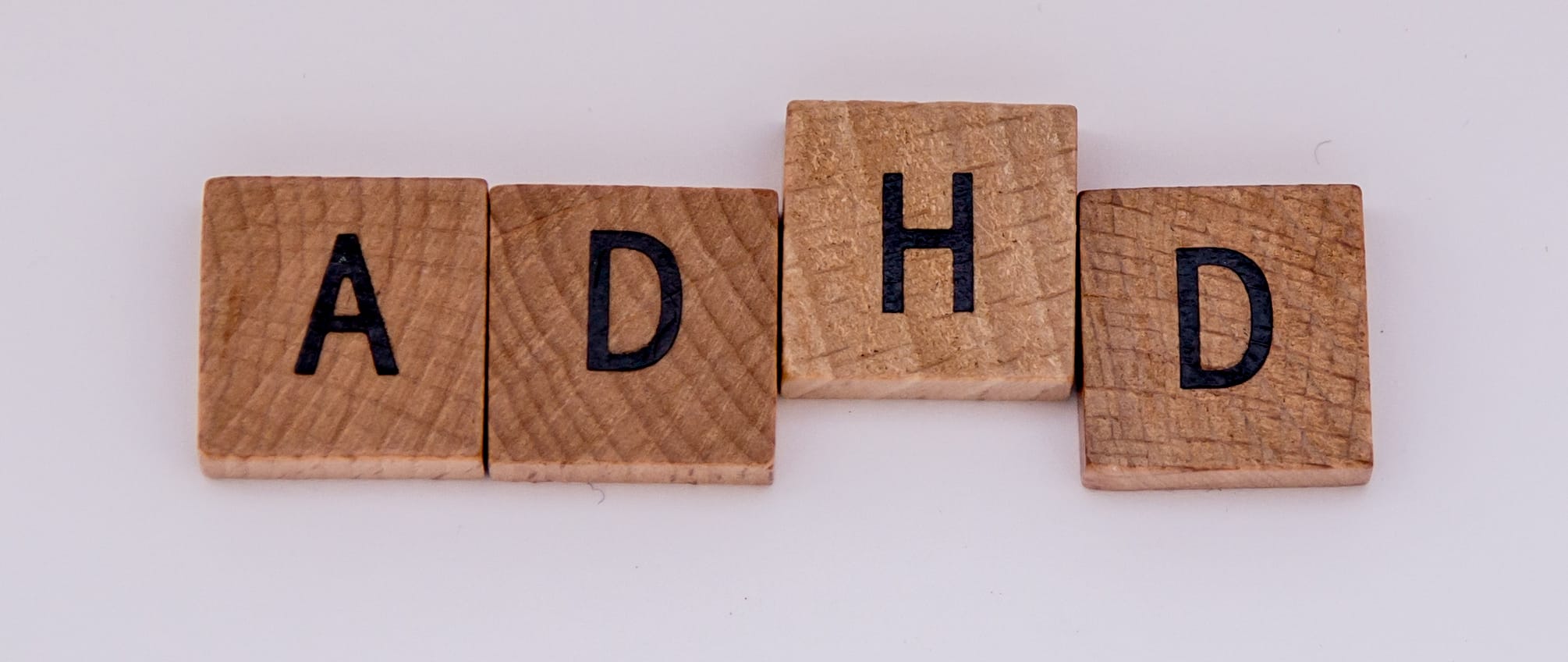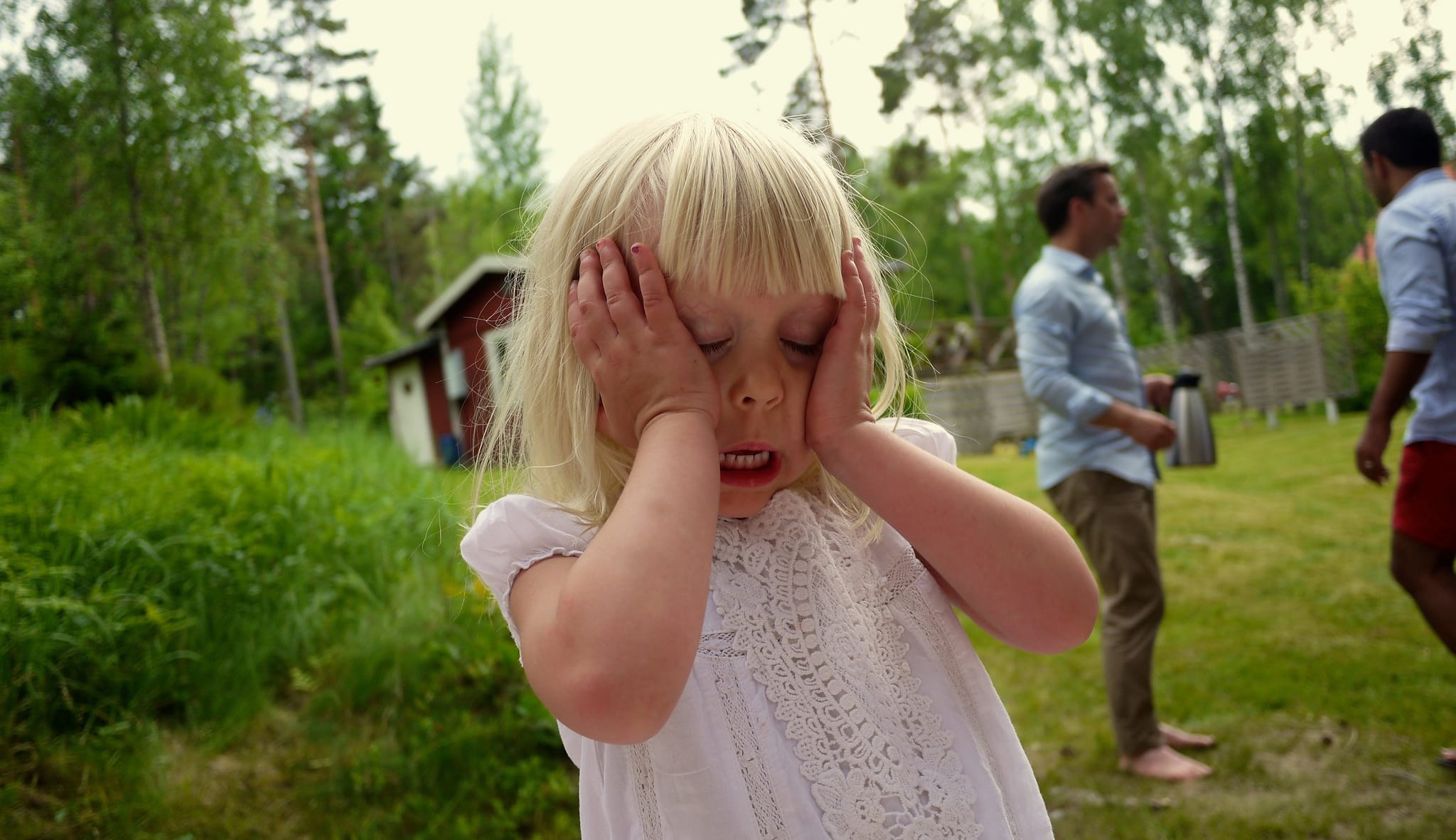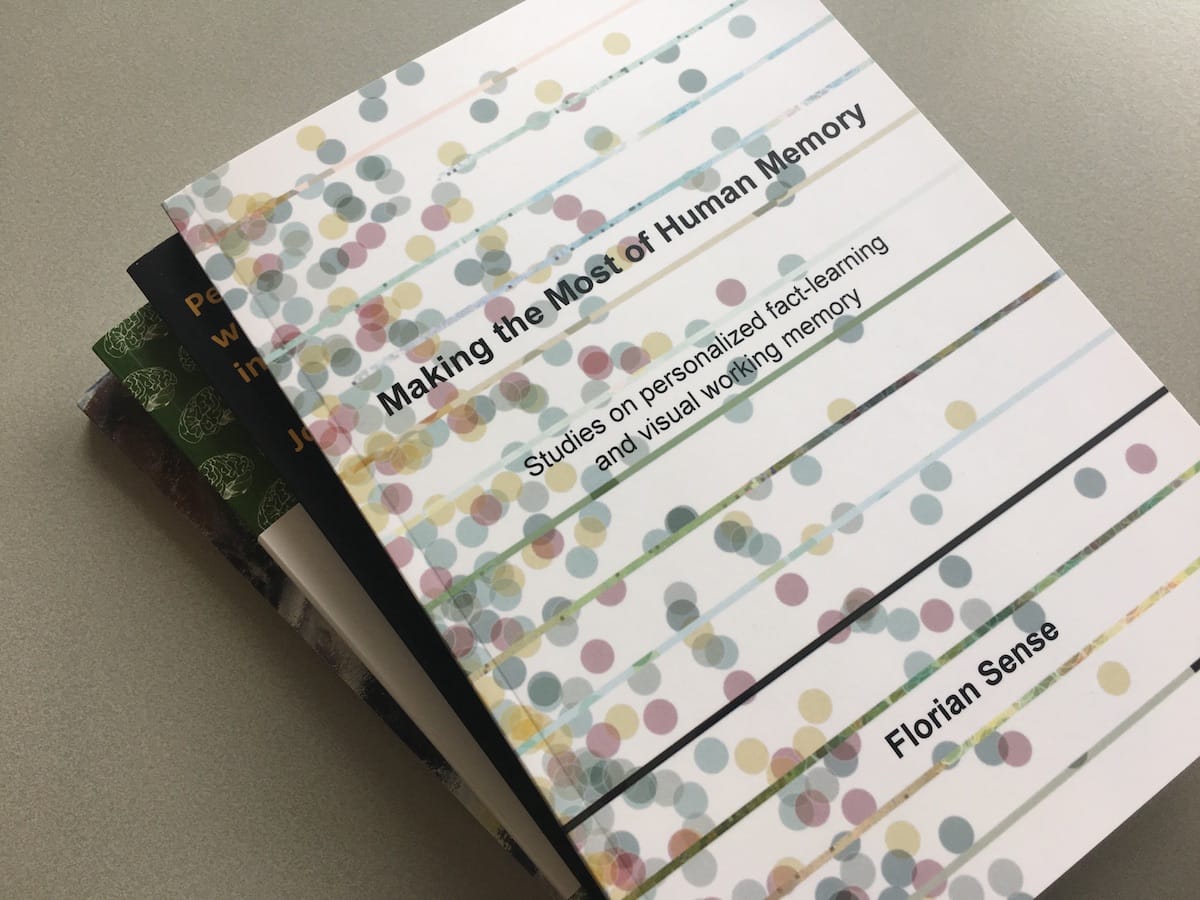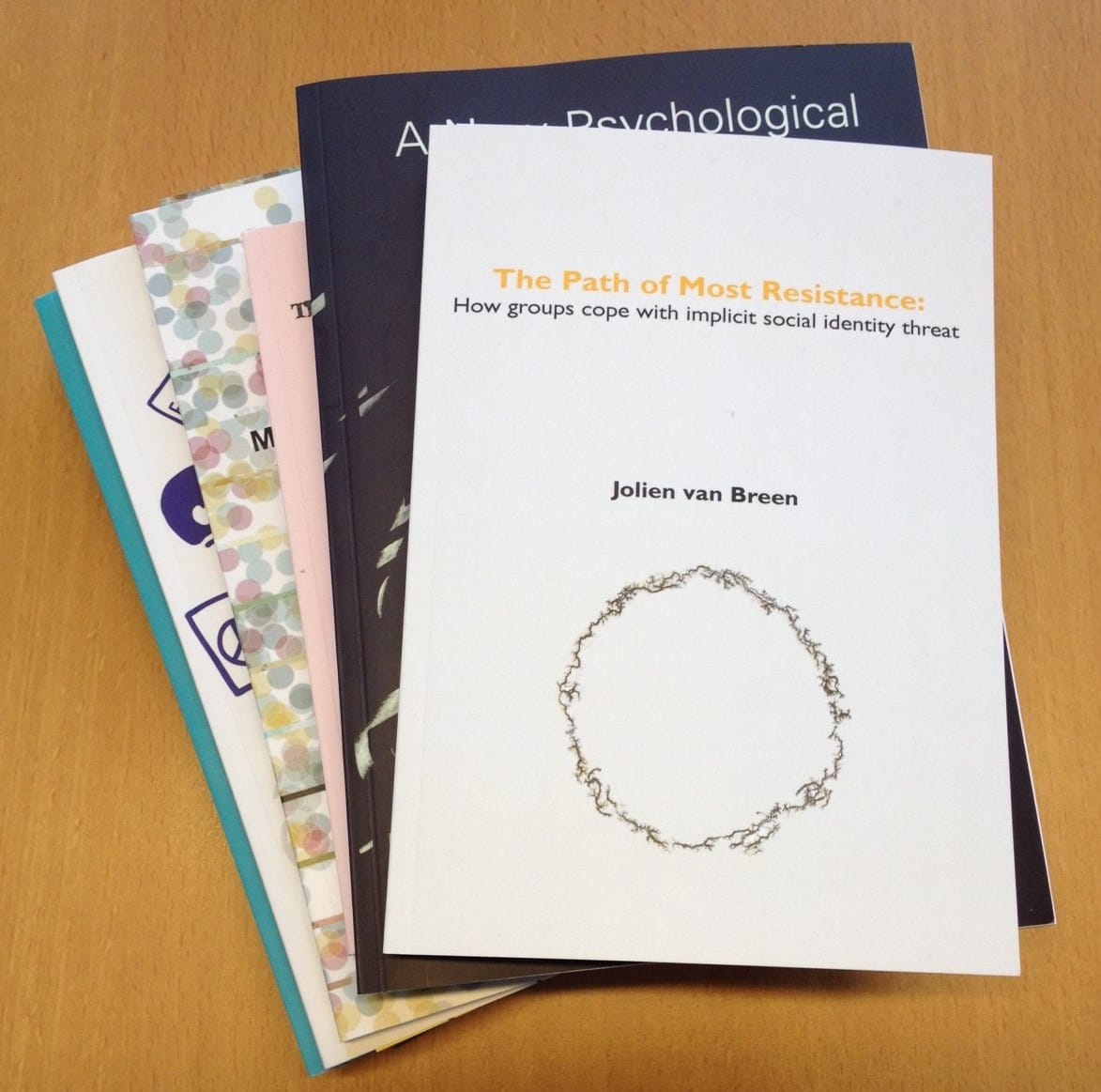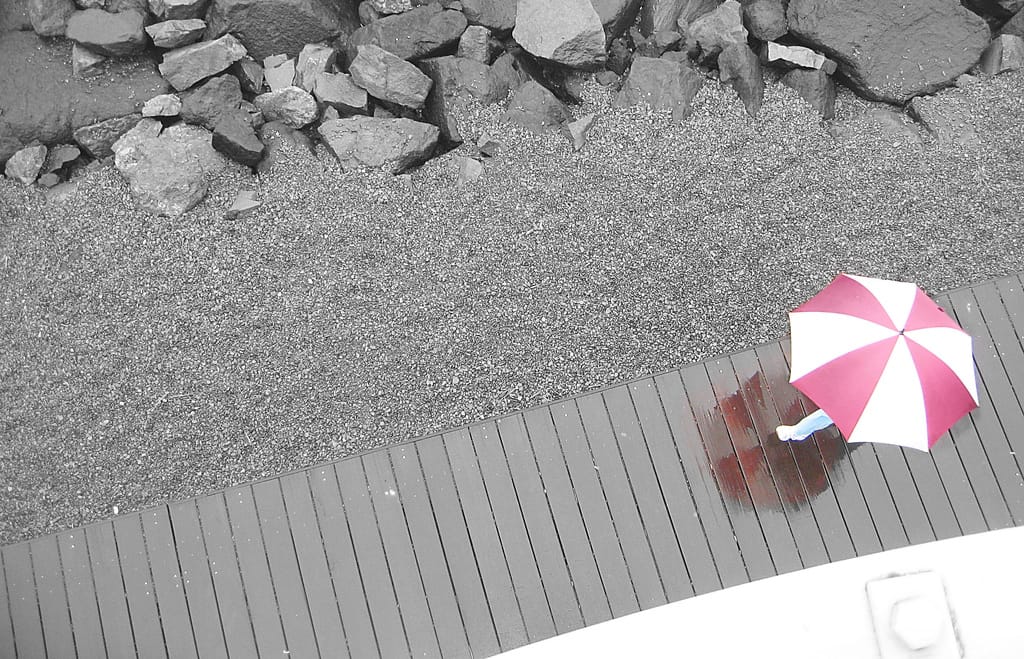In a clinical assessment, all people report their symptoms honestly and try to perform to the best of their ability, right? Well… unfortunately, quite a lot of people don’t! We examined the case of feigned attention deficit hyperactivity disorder (ADHD) in adulthood, and explored ways to distinguish between true and feigned ADHD.
A few years ago, an unlikely collaboration between social psychologists from the University of Groningen and choreographers from Random Collision began. Understandably, you might wonder why choreographers and social scientists would want to. It all started when we discovered a shared interest in the social impact of dance: “How do dancers move their audiences?” “When do passive viewers become involved?” Together we set up a research project to investigate these questions.
Frustration is our emotional response to unexpected non-reward. Frustration has an energizing effect that can catalyze a broad range of outcomes, either good or bad. It is therefore important to learn to effectively deal with frustration.
Being a student is a mindset. A mindset characterized by curiosity and a willingness to ask questions and learn. We should all be students, always. It will make it easier to dare branching out and it will make us more approachable as collaborators.
Woah! It’s almost summer already; just a couple more days until the official arrival. We’re half-way through the exam period and the year really is almost over. Everyone’s making plans for their holidays and dreaming of adventure, relaxation, a sandy beach, a busy new city, or a peak to climb. Every year, we ask staff […]
Today, Jolien van Breen will defend her dissertation in which she demonstrates that members of disadvantaged groups can resist subtle cues of social devaluation, such as implicit stereotypes. That is, she demonstrates that members of disadvantaged groups are more resilient than previously thought.
Donald Trump’s ‘covfefe’ tweet has invited ridicule and raised some serious questions (such as ‘what was he thinking?’). However, the most important question has so far remained unasked: can his mistyped tweet be called ‘creative’?
This post was written together by Ralf Cox, Lisa-Maria van Klaveren and Muriël van der Laan. This year marks the 100th anniversary of De Stijl, an artistic school that originated in the Netherlands. The painter and art theorist Piet Mondriaan (1872-1944) was one of De Stijls’s most iconic members. Mondriaan created a wide range of […]
In my last post, “To p or not to p”, I promised to write a follow-up post in which I would tell you all about Bayesian hypothesis testing. Although I can do that (and I will), I recognize that there is something dry about listing a bunch of properties about some statsy technique. You can […]
What can movements do to increase their number of supporters? Not all who belong to the same group share the same values (e.g., not all women share feminist beliefs). To appeal to a broader audience movements could align their values with the greater societal goals.

